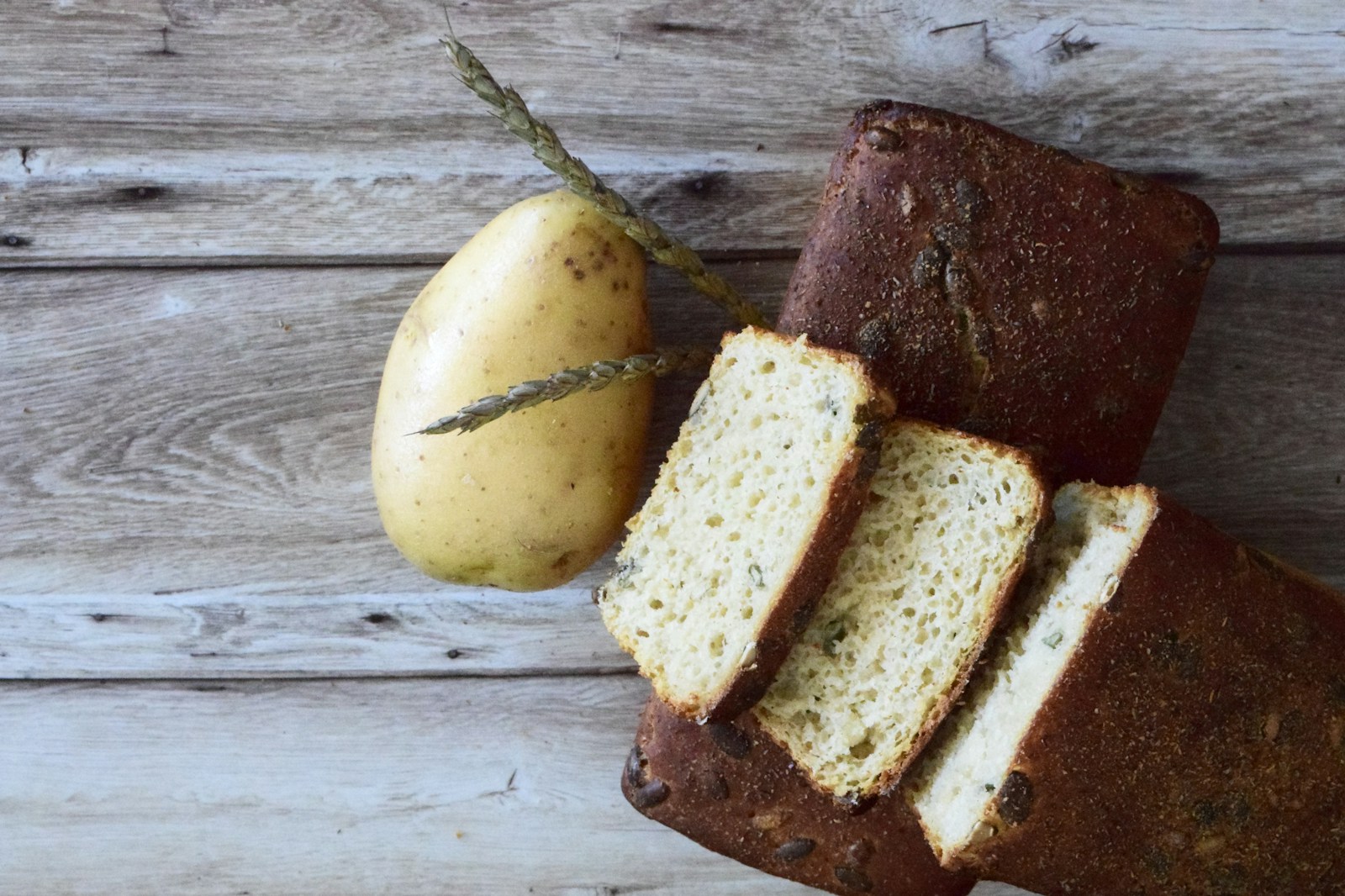
土豆
tǔ dòu

potato
The Chinese word '土豆' literally translates to 'earth bean', which makes sense considering potatoes grow underground. It's commonly used in daily life and in many Chinese dishes, just like potatoes are used in many types of cuisine around the world.
Example sentences using: 土豆
我真的很喜欢吃土豆。
Wǒ zhēn de hěn xǐhuān chī tǔdòu.

I really like eating potatoes.
This sentence means that the speaker loves eating potatoes. This sentence expresses a strong preference.
今天的午餐是土豆烧牛肉。
Jīntiān de wǔcān shì tǔdòu shāo niúròu.

Today's lunch is potato stew with beef.
This statement is usually used to tell what the lunch is, notably, beef stew with potatoes.
土豆是全世界最受欢迎的蔬菜之一。
Tǔdòu shì quánshìjiè zuì shòu huānyíng de shūcài zhī yī.

Potatoes are one of the most popular vegetables in the world.
This phrase is used to express the global popularity of potatoes as a vegetable.
土豆可以做成很多种美味的菜肴。
Tǔdòu kěyǐ zuò chéng hěnduō zhǒng měiwèi de càiyáo.

You can make a lot of delicious dishes with potatoes.
This statement can be used to explain the various uses of potatoes in cooking.
袋子里还剩下三个土豆。
Dàizi lǐ hái shèng xià sān gè tǔdòu.

There are still three potatoes left in the bag.
This sentence is usually used to indicate the number of potatoes left in a given container, in this case, a bag.
这个土豆煮烂了。
Zhège tǔdòu zhǔ làn le.

This potato is overcooked.
This phrase is often used to describe a potato that's been cooked until it's too soft or mushy.
她正在削土豆皮。
Tā zhèngzài xiāo tǔdòu pí.

She is peeling the potato.
This sentence is normally used to describe an action where someone is removing the skin from a potato, in this case, a woman.
我家种了一些土豆。
Wǒ jiā zhòng le yìxiē tǔdòu.

I planted some potatoes at home.
This statement is often used when someone wants to mention that they have cultivated potatoes at their place.
土豆是主食的一种选择。
Tǔdòu shì zhǔshí de yízhǒng xuǎnzé.

Potatoes are one type of choice for staple food.
This phrase is often used to indicate that potatoes can be a main part of a meal in many cultures.
你知道怎么种土豆吗?
Nǐ zhīdào zěnme zhòng tǔdòu ma?

Do you know how to plant potatoes?
This phrase is a common way of inquiring if someone knows the process of planting potatoes.